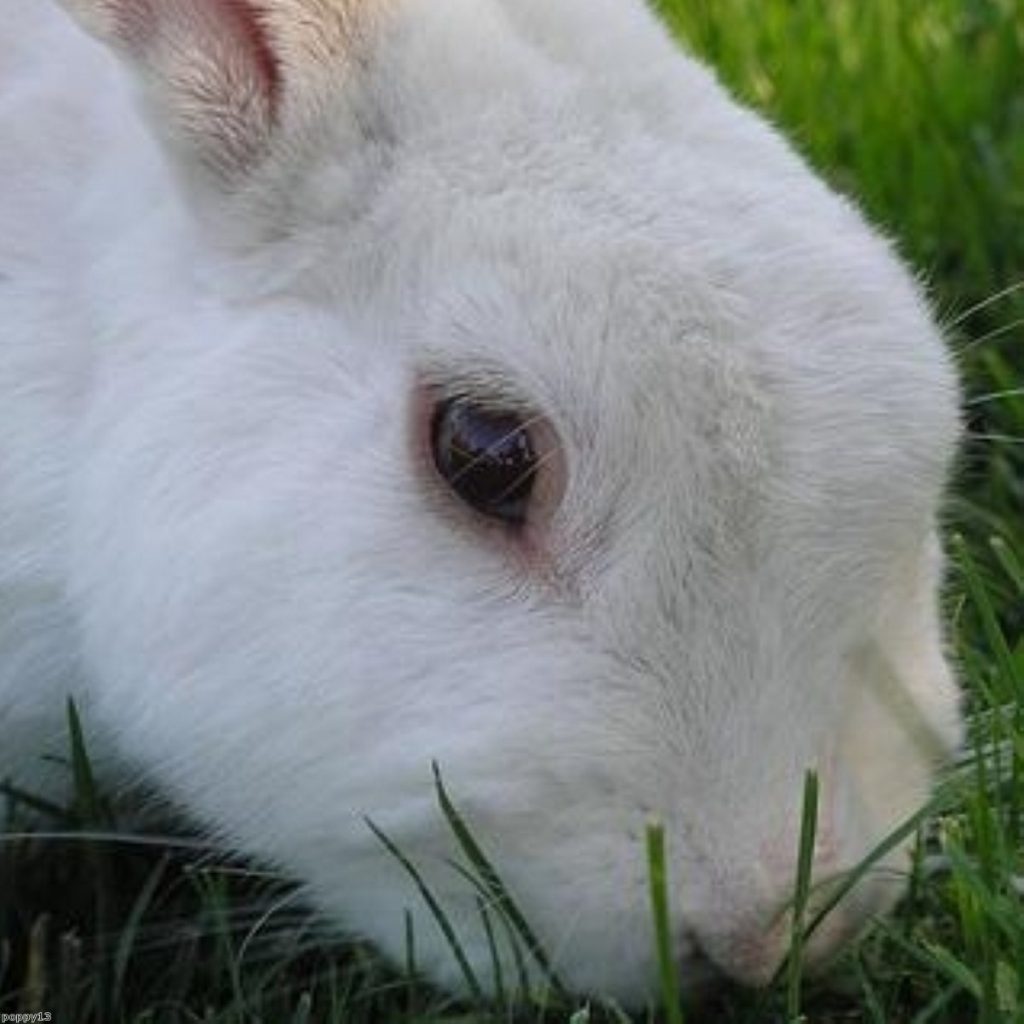Record rise in animal experiments
By Gabriel Huntley
The number of experiments on animals rose by 14 per cent in 2008, according to statistics published by the Home Office today.
The total number of procedures involving animals in 2008 was just under 3.7m, an increase of 454,000 from the previous year.
This represents the biggest proportionate rise in animal experiments since records were first taken in the 1940s, as well as a seventh consecutive annual increase.


More than three quarters of these procedures used mice, rats and other small rodents, while less than one per cent used dogs, cats, horses or primates.
Animal welfare groups have sharply criticised the rise in animal experimentation.
People for the Ethical Treatment of Animals (Peta) described the figures as “shocking” and has called for increased accountability in animal testing, claiming that aggregated statistics mask the suffering of individual animals.
RSPCA and the British Union for the Abolition of Vivisection (BUAV) were also highly critical, pledging to increase campaigning efforts to halt the rise in animal testing.
BUAV highlighted that last year 252 horses, 11,916 rabbits, 4,271 dogs, 176 cats were subjected to experiments, calling on the government to lead the way by reducing animal testing.
Dr Sebastien Farnaud, science director at the Dr Hadwen Trust for Humane Research said far greater progress should have been made to replace animal testing.
“With the scientific expertise this country has to offer, we should have seen far greater progress to replace animals with more advanced techniques. Instead animal numbers are now as bad as they were in the early 1990s,” he said.
Under the Animals (Scientific Procedures) Act 1986, statistics on experiments using animals must be collected and published on an annual basis. Experiments must take place under a government license and researchers must consider ways to replace, reduce, and refine animal use.
Commenting on the statistics, Home Office minister Lord West described the UK as having the “highest standards of animal protection in the world”.
He argued that animal testing regulation and licensing must balance animal welfare with “scientific advancement”.












